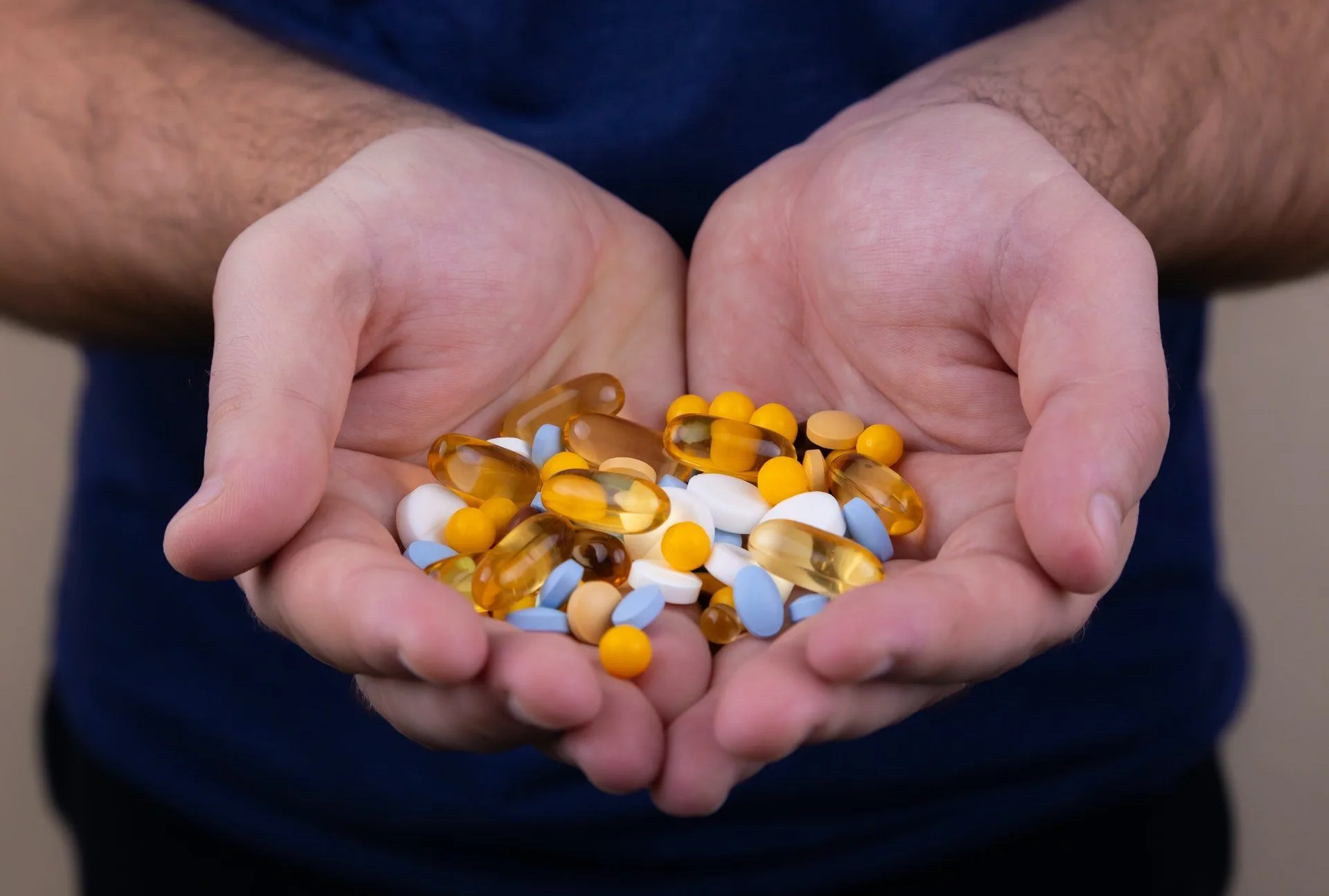Antidepressant medication is a drug choice for those suffering from depression or anxiety. It can be combined with psychoanalysis or therapy, which explores the psyche of a patient and bring about childhood trauma that might be the root cause of the mental health problem. As advocates of many mental health issues start to arise today, it is safe to say everyone has heard of depression and has one or two general ideas about it.
Depression is the main reason people pursue drug therapy. Presently, about 280 million people experience this mental illness in their everyday life. Depression is one of the most common mental health issues one can observe in numbers, and many experts believe the numbers may be undermining just how many people have depression.
If you are one of those people struggling with feelings of hopelessness and extreme apathy, then antidepressants might help you address this issue in the long run. However, this drug, like all other medications, has significant side effects that you need to be aware of as you move forward. Read on to determine if these effects outweigh your need for a better, brighter outlook on life.
These are some of the many questions you might be thinking about right now, but the first and very most important question that needs to be addressed is this: what exactly are antidepressants?
A quick and simple explanation states that antidepressants are a range of medications that address mental health problems. There are different types of antidepressants, namely SNRIs, TCAs, MAOIs, and SSRIs. All of these medications can cause different kinds of side effects, such as weight gain, as you can see when you click here, rebound depression or a sudden and fleeting burst of energy. Take note that each biological body processes antidepressants differently. Thus, some side-effects may happen to one person but not the other.
Antidepressants are not ideal as a long-term solution for depression or anxiety. Many experts still believe that taking time with your therapist and changing lifestyle behaviors assist greatly in curing depression. These medications are simply there to assist in worse-case scenarios or severe depression, but not as a lifetime medication. Once a patient stops taking their antidepressants, they have a high risk of slipping back into it, especially without other pursued options, such as psychological therapy.
Antidepressants And Their Side Effects
1. SSRI (Selective Serotonin Reuptake Inhibitor)
A widely known and effective medication for this type of issue is SSRI. They have drugs such as Prozac, Zoloft, etc.

Photo by Karolina Grabowska from Pexels
This medication focuses on serotonin, a hormone that greatly affects mood and well-being.
2. SNRI (Serotonin and Norepinephrine Reuptake Inhibitors)
Close and almost the same as SSRI, SNRI focuses on more than one hormone, namely serotonin, and norepinephrine. This choice is ideal for any depression and anxiety episode that includes physical or psychological pain.
Their Side-Effects:
Serotonin plays a huge role in sleep, pain, and digestion. Therefore, if taken too much, it can affect these areas as well. The effects include nausea and vomiting, decreased libido, excessive sweating, sudden weight gain, constipation, headaches, and tremors.
3. TCA (Tricyclic Antidepressants)
TCA got its name from its chemical structure, where there are rings surrounding it. Other than depression, it can also be a feasible choice for fibromyalgia, severe anxiety, and chronic pain.
This type of antidepressant can cause seizures, arrhythmia, rashes, hypertension, abdominal cramps, or urinary retention.
4. MAOI (Monoamine Oxidase Inhibitors)
MAOI is introduced to the patient before SNRI or SSRI. Now, it is saved when all other medication fails to work. This is due to its nature of interacting with foods and other medications, creating a synergistic relationship, and enhancing its effects on the body.
However, if misused, it can lead to severe consequences. It can cause edema, insomnia, hypertension, and fainting.
Antidepressants are evolving alongside technology, especially at this time of age. It was even recently discovered that an SSRI (fluvoxamine) shows great potential in becoming a COVID-19 cure. Those people who are COVID-19 positive were given this medication, and it was seen that they are 30% more unlikely to be hospitalized due to severe symptoms. Still, experts around the world opted to study fluvoxamine more before allowing prescriptions to fly out the door.
FAQs

Photo by Alex Green from Pexels
When Do I Need This Treatment?
If you have been experiencing feelings of hopelessness, apathy, or extreme sadness, then it is best to see a professional on this matter and take a mental health wellness test.
Mood stabilizers have a high risk of becoming addictive. Thus, doctors are very careful about its duration with a single patient. As a person undergoing a difficult situation, it is in your best interest to avoid any situation where you are at risk to develop additional problems.
How Long Should I Take My Medications?
First, you should determine whether you can tolerate the side effects (if there are any). Next is to observe if it helps elevate your mood or lessen your anxiety. If not, your doctor will prescribe another kind of antidepressant, and the cycle will continue until you fit into a medication.
Can I Drink Alcohol or Caffeine During My Sessions?
It is strongly advised against drinking any caffeinated or alcoholic drinks. This is due to their nature against antidepressants, in which they weaken the overall effects of the drugs. On the other hand, caffeine can heighten anxiety or worsen depression, which defeats the overall purpose of an antidepressant.

Note: This post is not intended to act as a diagnosis or substitution for professional advice.




![women [longevity live]](https://longevitylive.com/wp-content/uploads/2020/01/photo-of-women-walking-down-the-street-1116984-100x100.jpg)










